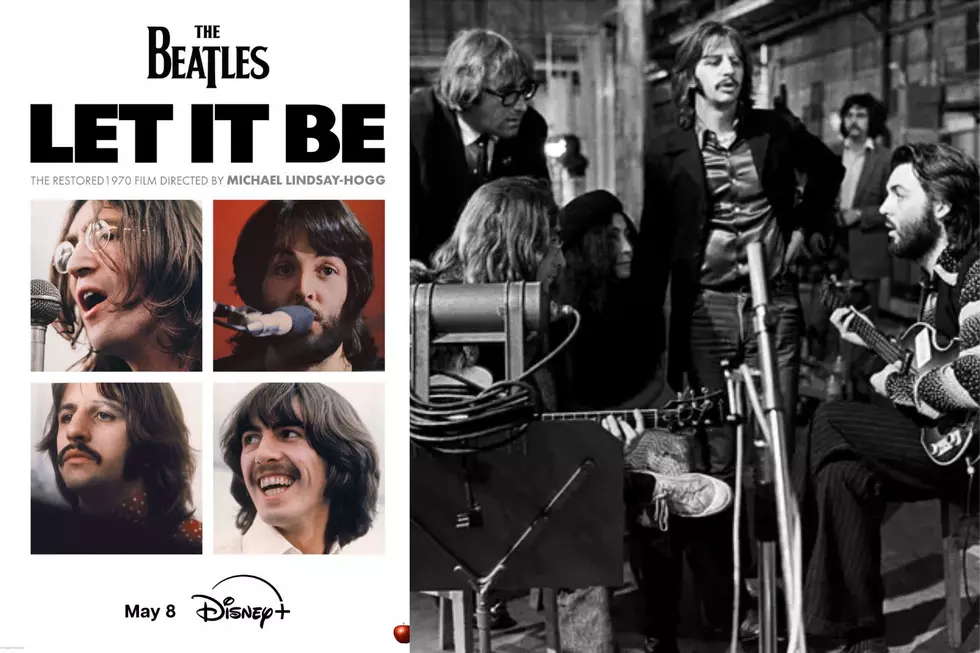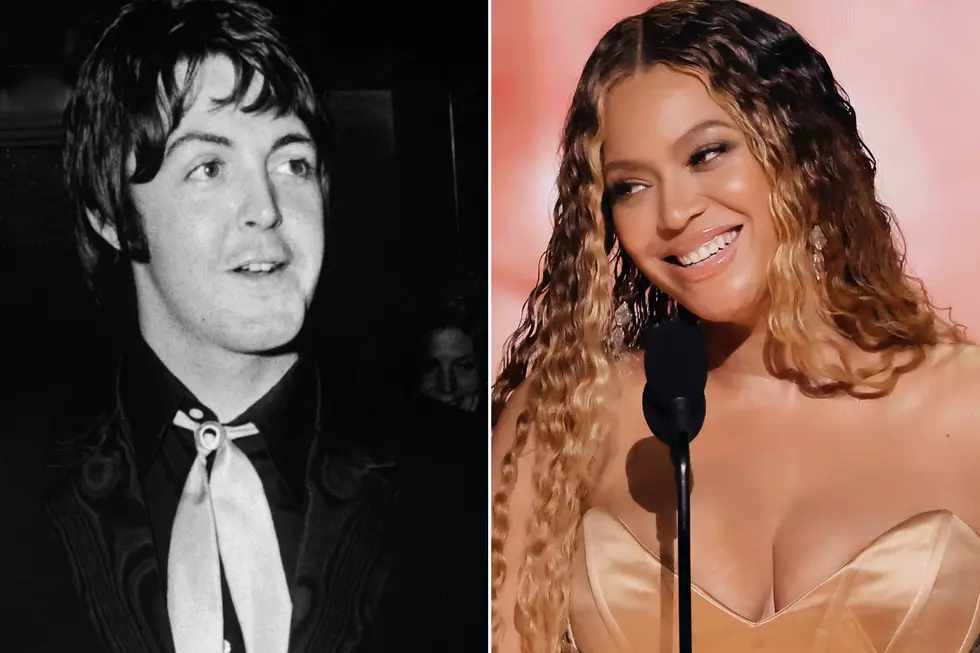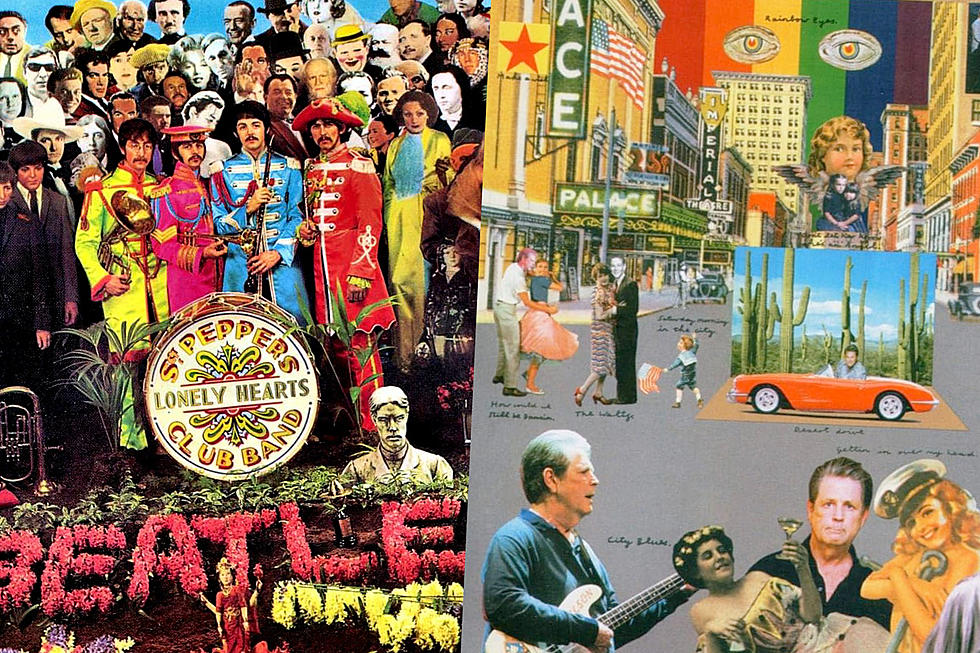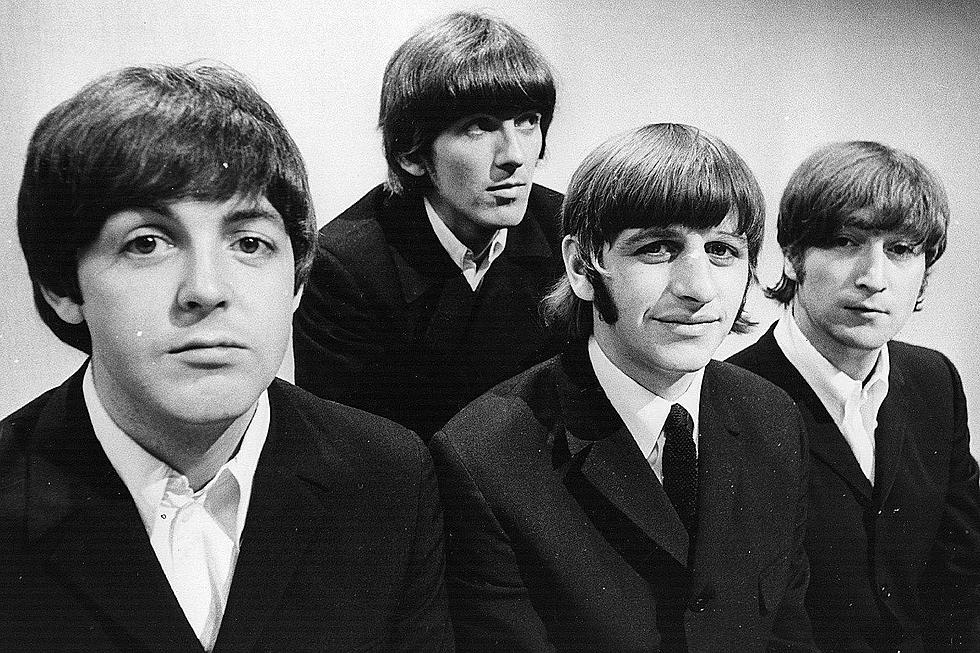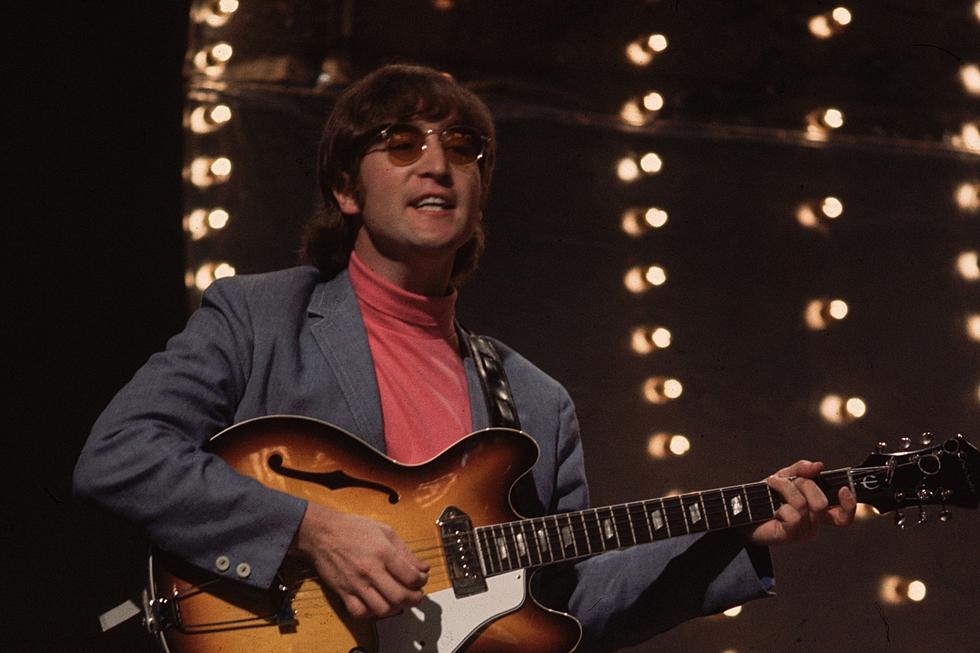
When the Beatles Began ‘Revolver’ Sessions With ‘Tomorrow Never Knows’
The Beatles and producer George Martin assembled on April 6, 1966 at Abbey Road's Studio Two for their first recording session together since wrapping the Rubber Soul LP almost five months before. They would begin work on Revolver by recording "Tomorrow Never Knows," the song that would close out the album.
The lyrics were primarily written by John Lennon, who borrowed from The Psychedelic Experience, a book written by LSD proponents Timothy Leary and Richard Alpert. The book was an adaptation of the centuries-old Tibetan Book of the Dead. Leary's introduction to the book reads, "Whenever in doubt, turn off your mind, relax, float downstream." That would become the song's first line.
"You can hear, and I am sure most Beatles fans have, 'Tomorrow Never Knows' a lot and not know really what it is about," George Harrison explained in Anthology. "Basically it is saying what meditation is all about. The goal of meditation is to go beyond -- that is, transcend -- waking, sleeping and dreaming. So the song starts out by saying, 'Turn off your mind, relax and float downstream, it is not dying' …
"I am not too sure if John actually fully understood what he was saying. He knew he was onto something when he saw those words and turned them into a song. But to have experienced what the lyrics in that song are actually about? I don’t know if he fully understood it.”
Lennon maintained in 1980 that LSD was his inspiration. “Leary was the one going 'round saying, take it, take it, take it. And we followed his instructions in his ‘how to take a trip’ book. I did it just like he said in the book, and then I wrote ‘Tomorrow Never Knows,’ which was almost the first acid song: 'Lay down all thought, surrender to the void,’ and all that shit which Leary had pinched from The Book of the Dead.”
Like "A Hard Day's Night," the song's title was inspired by one of Ringo Starr's malapropisms, which came to be known as "Ringoisms." In a 1964 interview with the BBC, Starr was asked about a fan who cut off some of his hair during the Beatles' U.S. tour. "You know – what can you say?" said Starr. "Tomorrow never knows." The title never appears in the song.
"'This one’s completely different than anything we’ve ever done before,’ John was saying to George Martin. ‘It’s only got the one chord, and the whole thing is meant to be like a drone,'" Engineer Geoff Emerick remembered in his book Here, There and Everywhere: My Life Recording the Music of the Beatles. "My ears perked up when I heard John’s final direction to George: ‘... and I want my voice to sound like the Dalai Lama chanting from a mountaintop, miles away.’”
Listen to the Beatles Perform 'Tomorrow Never Knows'
Emerick thought he had the solution. "The studio's Hammond organ was hooked up to a system called a Leslie – a large wooden box that contained an amp and two sets of revolving speakers. … It was the effect of those spinning speakers that was largely responsible for the characteristic Hammond organ sound. In my mind, I could almost hear what John's voice might sound like if it were coming from a Leslie."
When Lennon's vocal was played back in the control room, the Beatles loved the result. The Leslie effect can be heard beginning with the song's fourth verse, "Love is all and love is everyone," and continues to the end.
Paul McCartney introduced the innovative use of tape loops played backward, slowed down or sped up to produce an otherworldly effect. He was inspired by the electronic music of Luciano Berio and Karlheinz Stockhausen. McCartney encouraged his bandmates to create their own loops, which would replace traditional solos.
"We did it because, I for one, am sick of doing sounds that people can claim to have heard before," McCartney told NME in 1966.
Among the tape loops used in "Tomorrow Never Knows" was a "seagull" sound, actually McCartney's laughter at double speed; guitar and sitar phrases sped up and reversed; and notes played on a mellotron's flute and violin settings. All contributed to the song's psychedelic vibe.
After three takes the song was essentially done, though overdubs and mixing continued in April. Revolver was released in the U.S. on Aug. 8, 1966, with "Tomorrow Never Knows" as its closing number.
In The Beatles, Lennon said that he had one regret about the song. "Often the backing I think of early on never comes off. With 'Tomorrow Never Knows' I'd imagined in my head that in the background you would hear thousands of monks chanting. That was impractical of course, and we did something different. I should have tried to get near my original idea, the monks singing. I realize now that was what it needed."
26 Rock Stars Inducted Into the Hall of Fame More Than Once
See John Lennon in Rock’s Craziest Conspiracy Theories
More From Ultimate Classic Rock
